Cerignola is captivating for its rich history, impressive architecture, and culture. Its historic center is enchanting, with its narrow streets and picturesque buildings. A visit to the city’s symbol, the Cathedral of Santa Maria Assunta with its intricate details and exquisite architecture, is a must. Local markets offer a wide selection of fresh produce, regional delicacies and aromatic spices.
The surrounding villages around Cerignola offer the opportunity to explore vineyards and olive groves that stretch to the horizon. The hilly terrain allows you to enjoy the fresh air and admire panoramic views. A medieval fortress that has stood the test of time offers a glimpse into its history. Nearby towns such as Trani, with its impressive cathedral and picturesque port, and Castel del Monte, a UNESCO World Heritage Site, are also worth visiting.
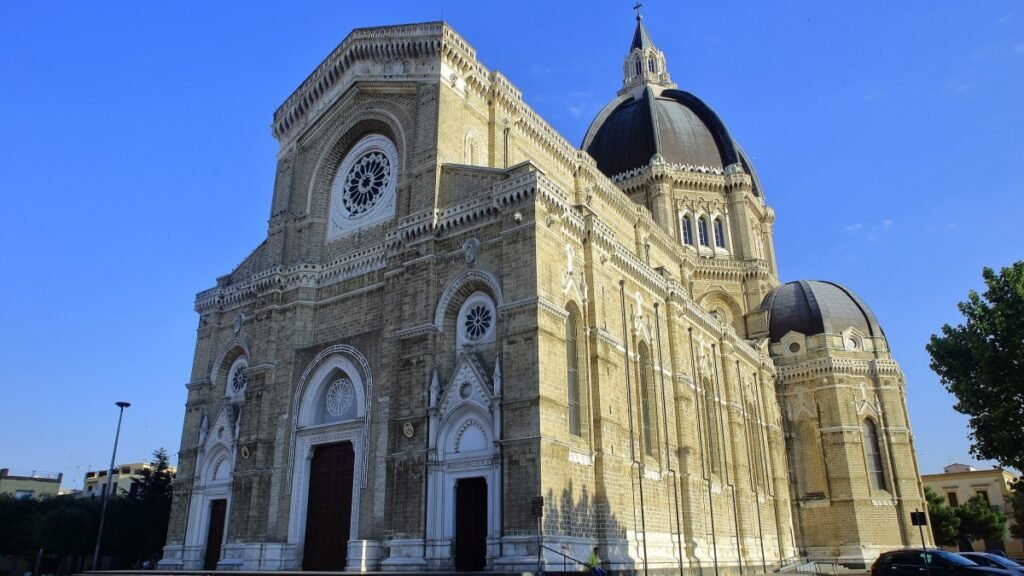
Location
Cerignola is a town and comune in the province of Foggia, Apulia, Italy.
Cathedral of St. Peter the Apostle in Cerignola

The Roman Catholic Cathedral of St. Peter the Apostle is the episcopal seat of the Diocese of Cerignola – Ascoli Satriano. According to Scripture, St. Peter is said to have landed on his way from Antioch to Rome. Originally, several early Catholic churches, built in the 4th and 7th centuries, were located here. The current basilica was built at the turn of the 10th and 11th centuries in the Romanesque style. A clock tower with a cross stands at the top of the basilica.
Beata Vergine del Monte Carmelo

Immerse yourself in the spiritual space of the Church of Our Lady Beata on Monte Carmelo in Cerignola, known as the Church of Carmina. This 16th-century Baroque masterpiece was built by the Carmelite monks who settled in the city. Inside, you’ll find an impressive main altar dominated by a throne adorned with four angels. The side naves, dedicated to the Immaculate Virgin and the Sacred Heart, are adorned with polychrome marble altars.
Teatro Saverio Mercadante
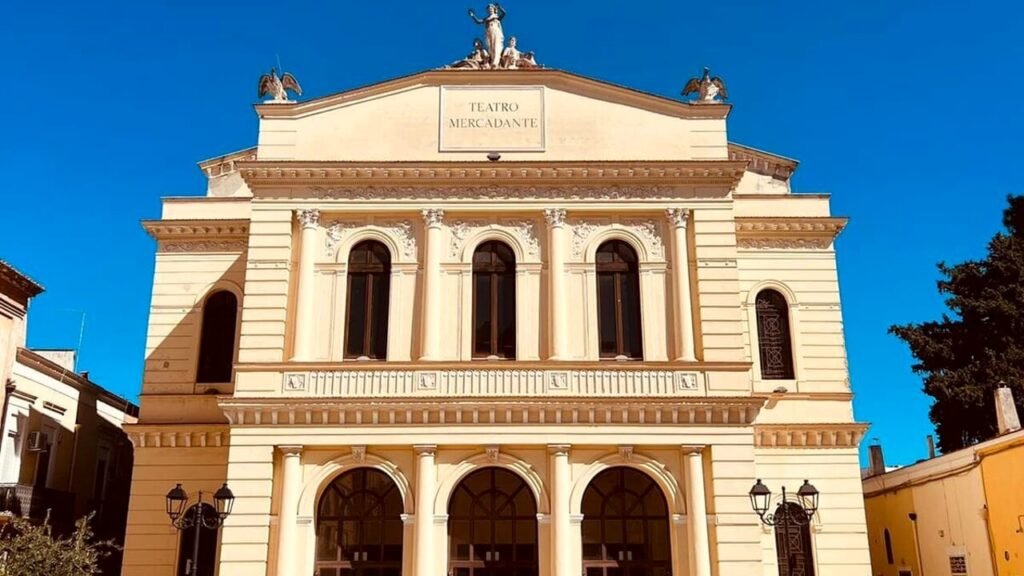
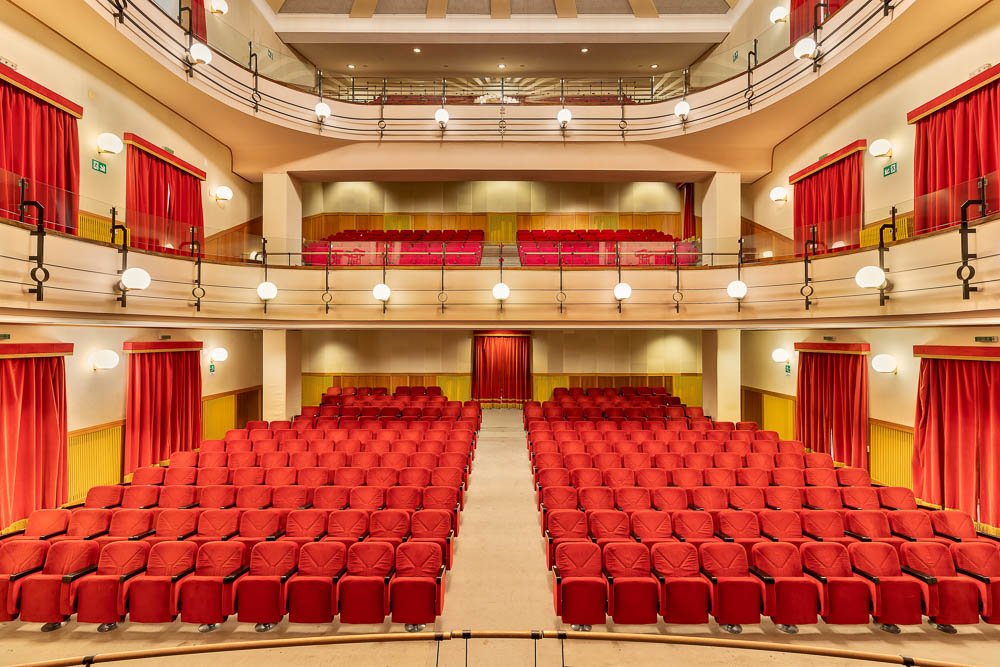
The Saverio Mercadante Theatre in Cerignola is located in Piazza Giacomo Matteotti and San Gioacchino. The Francesco Saverio Mercadante Municipal Theatre is the main theatre in Cerignola. In its current configuration, it has two galleries, replacing the original three levels of boxes after two renovations.
Piano delle Fosse Granarie
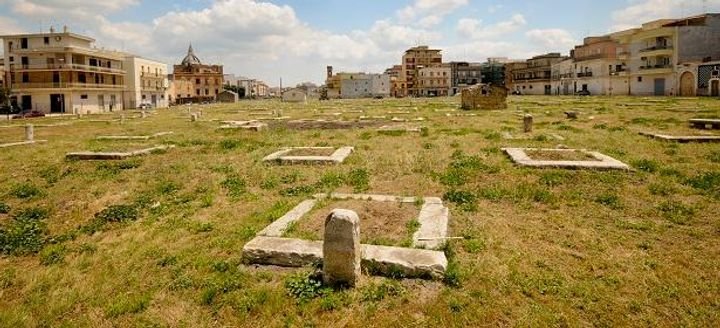
The Piano delle Fosse (or Piano San Rocco) in Cerignola is a typical wheat storage area and method for the region. Located near the Church of San Domenico, it offers a view of the magnificent Piano delle Fosse (a plain of pits for storing wheat), with at least 600 pits covering an area of 26,000 square meters. Several pits date back to the Roman period, and most were built around the 15th century.
Museo Etnografico Cerignolano
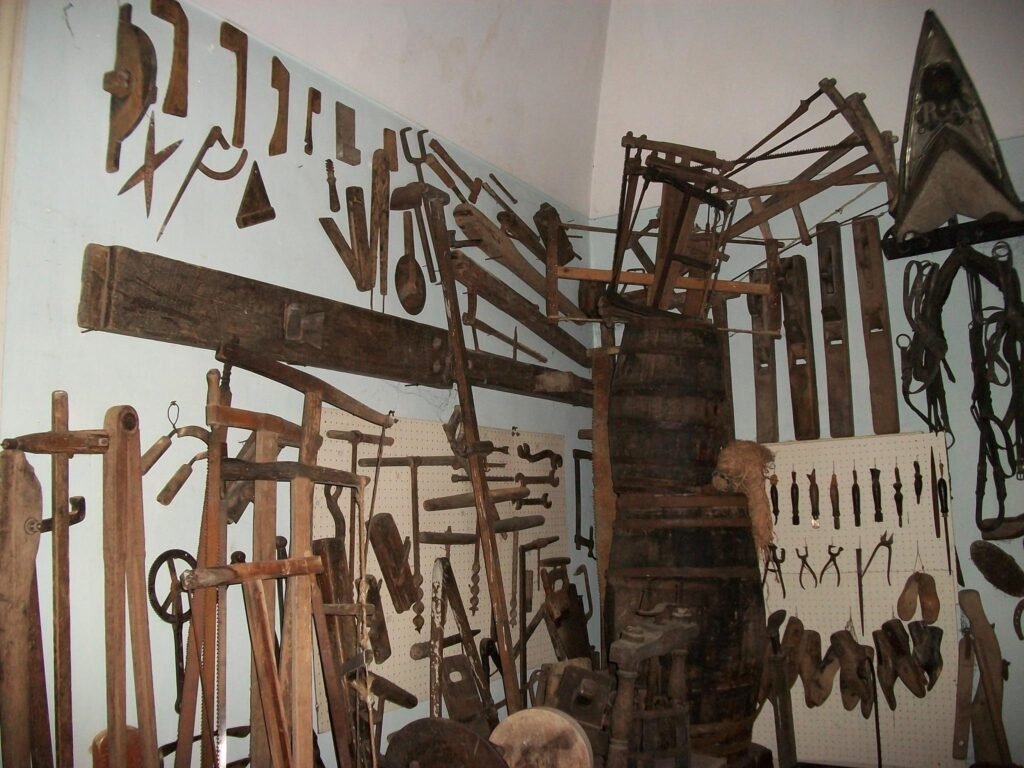
A 19th-century building in the heart of the city houses the Cerignola Ethnographic Museum, where visitors can admire small artifacts of sacred art, including pictures, bells, and religious figurines, as well as tools and costumes typical of local peasant culture. The collection comprises approximately 2,000 items, cataloged chronologically, telling the story of a society that remained virtually unchanged until the 1960s, before the widespread industrialization of the post-World War II era.
